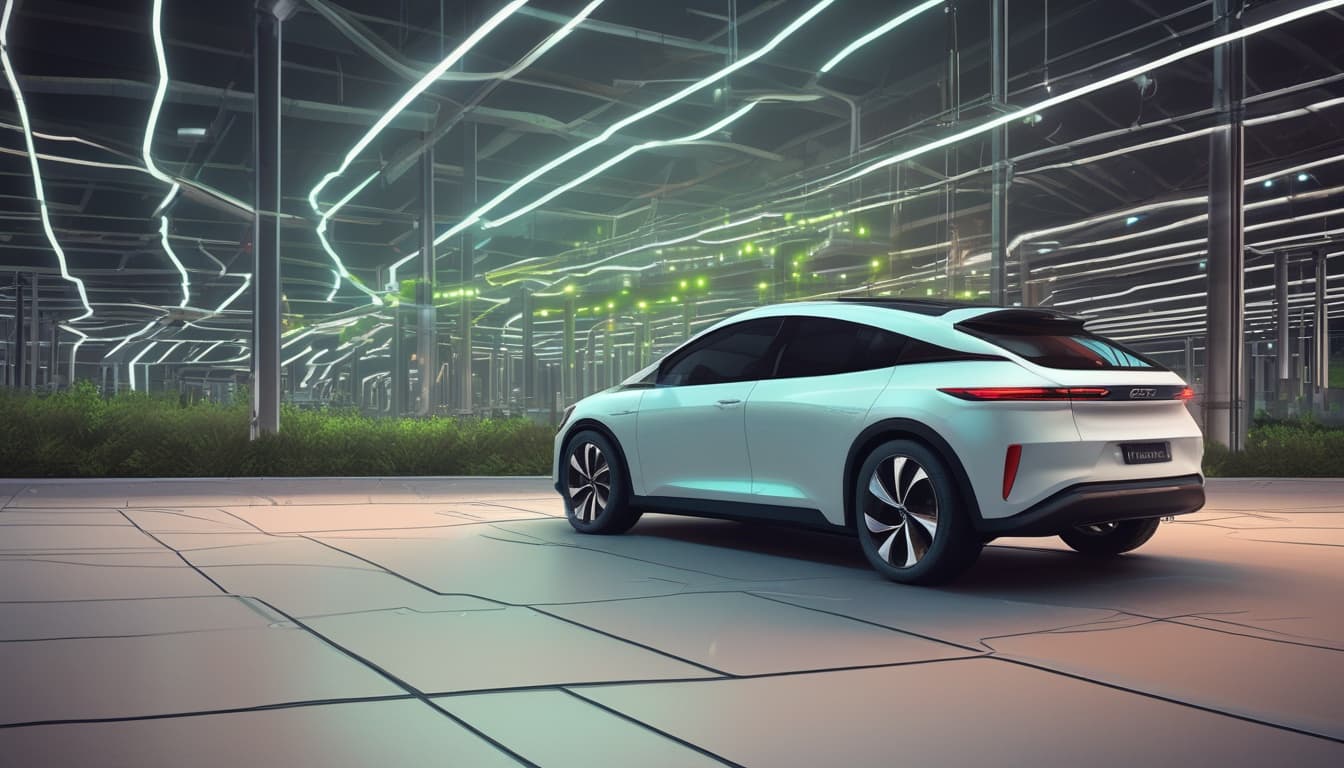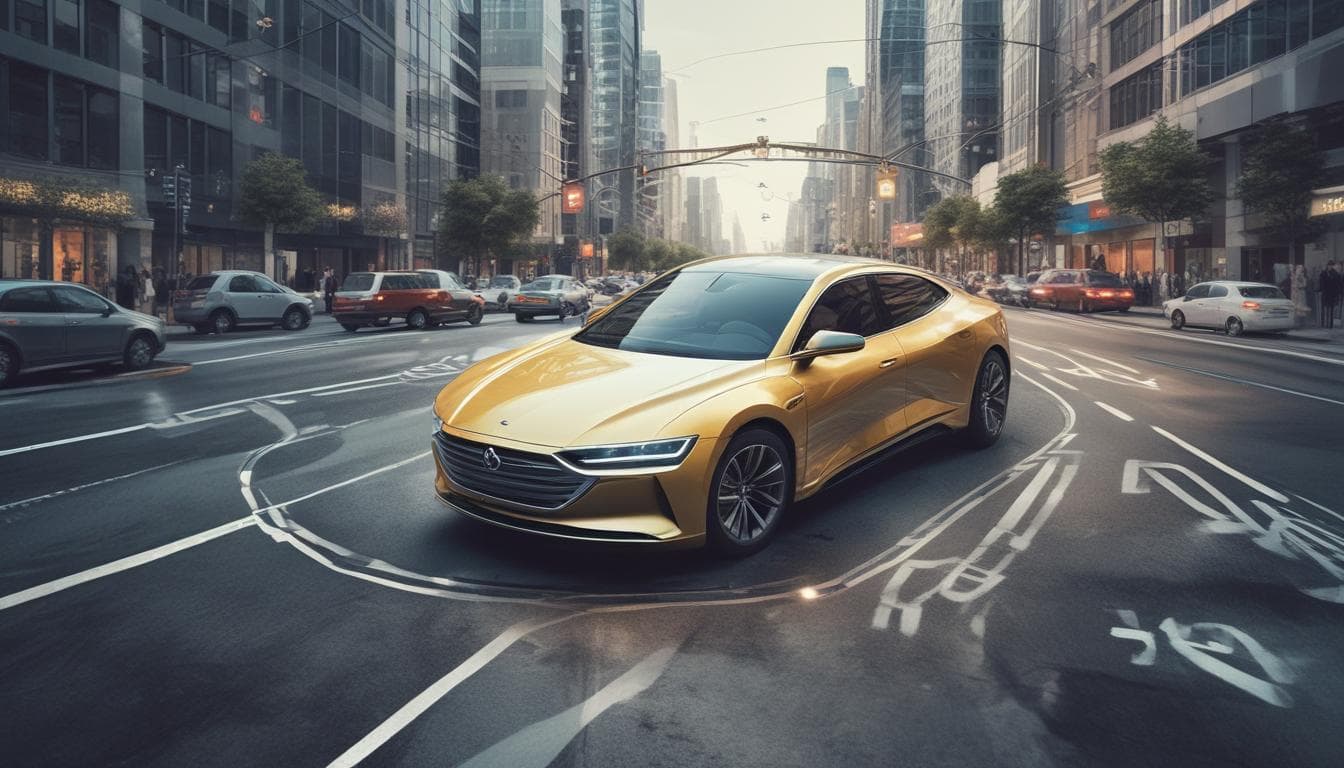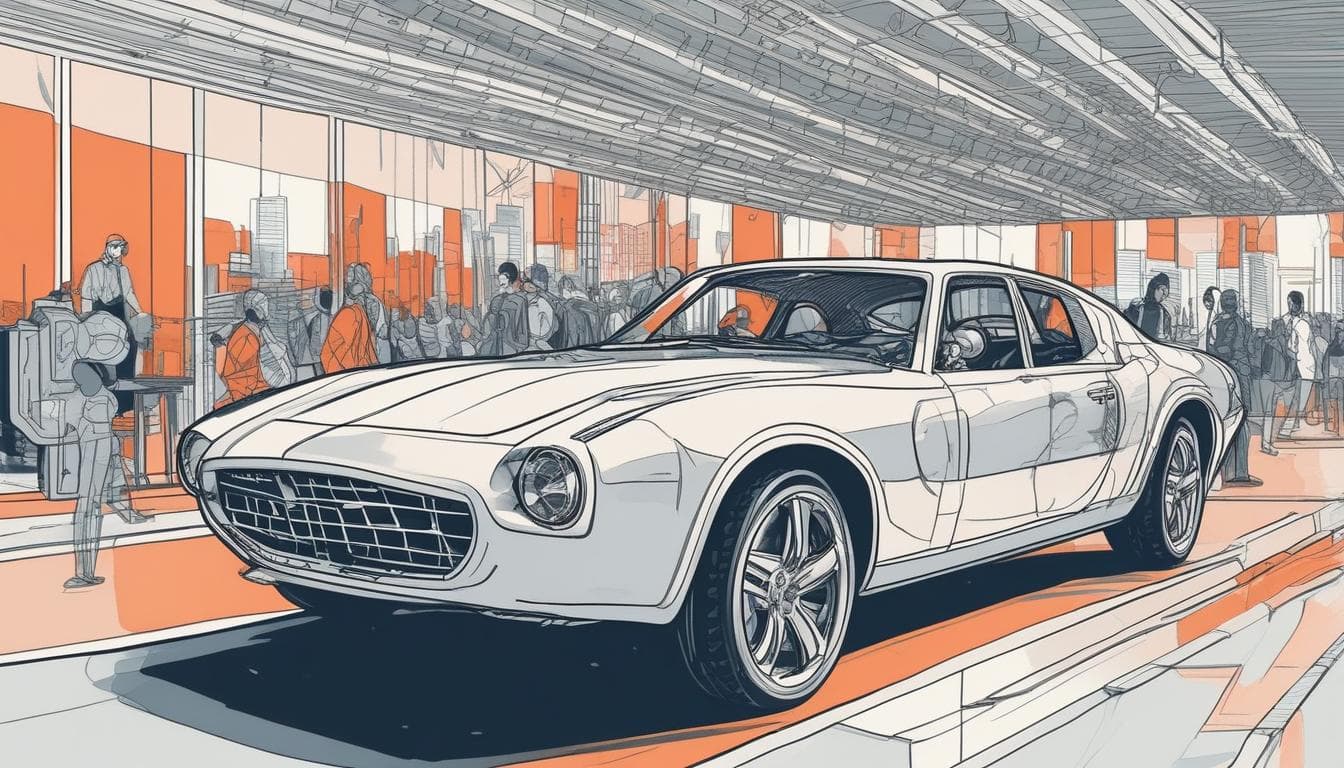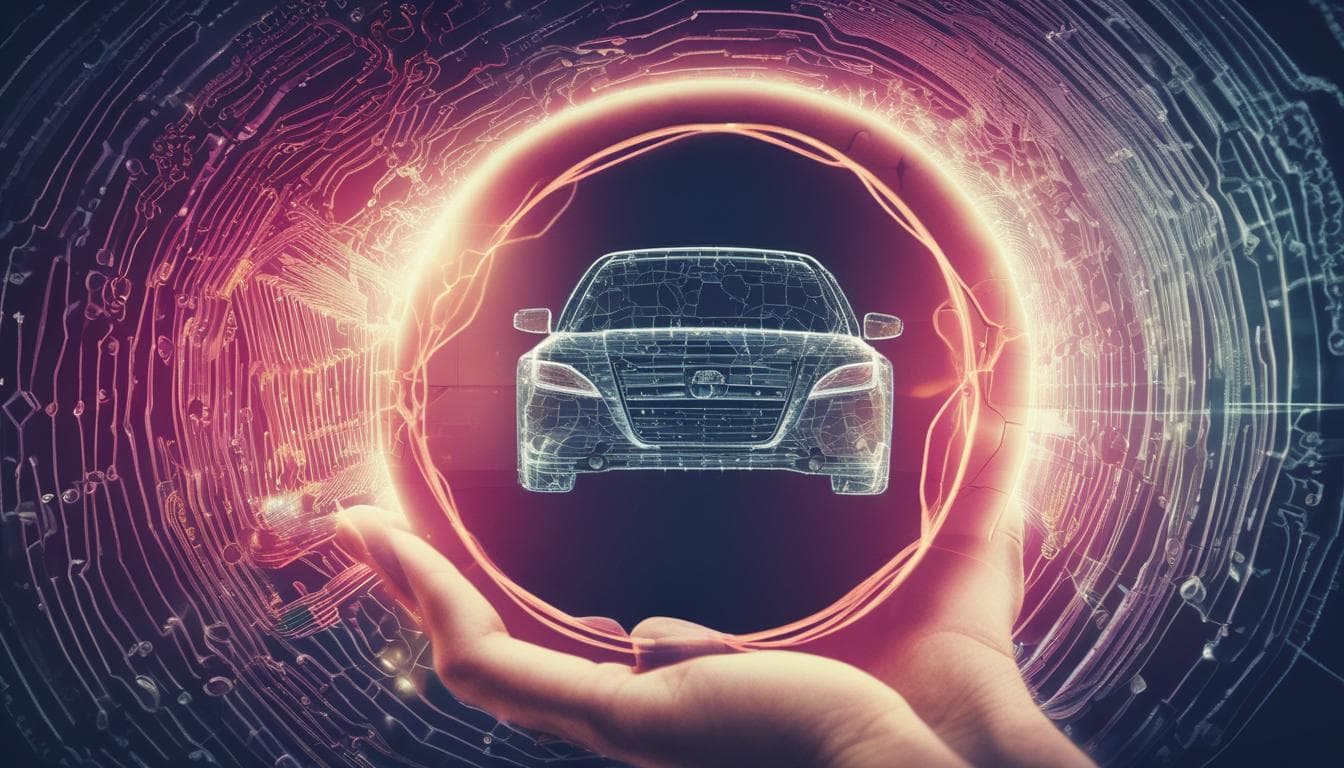Imagine a future where your car isn't just a mode of transport, but an active, mobile participant in your local community's infrastructure. Beyond Vehicle-to-Grid (V2G) capabilities, what if vehicles could seamlessly share excess computing power for local AI projects, act as temporary mobile communication relays during emergencies, or even purify air as they drive through neighborhoods? How would such 'Community-Integrated Vehicles' redefine urban living, resource management, and our relationship with personal mobility?
The concept of 'Community-Integrated Vehicles' opens exciting possibilities for transforming urban ecosystems, resource sharing, and personal mobility. By extending the capabilities of vehicles beyond traditional transportation, we can envisage a future where electric vehicles (EVs) play a central role in not only energy management through Vehicle-to-Grid (V2G) but also serve as dynamic nodes of computational power, communication, and environmental health.
For example, leveraging excess computing capacity in EVs for local AI initiatives could accelerate community-based smart city solutions, such as traffic optimization or public safety systems. During emergencies, vehicles acting as temporary communication relays can vastly improve connectivity, as demonstrated in recent efforts to enhance resilience in disaster scenarios. Furthermore, integrating functionalities like air purification—via embedded catalysts or filters—aligned with the vehicle's movement through neighborhoods, could contribute to healthier urban environments.
These advancements could redefine our relationship with personal mobility, making cars active participants in community well-being and resource management. This aligns with broader trends in the convergence of EVs and IoT, where connected vehicles expand their role beyond transportation to sustainability and societal support. As such, embracing these innovations will require coordinated efforts among regulators, manufacturers, and communities to harness the full potential of intelligent, integrated mobility solutions.
Explore More on This Topic
Join the Conversation
- Hyper-Modular Vehicles: Swappable Pods on Electric Chassis – The Future of Transport?
Discuss the future of personal vehicles with hyper-modular designs: universal electric skateboard chassis supporting swappable upper modules for commuting, adventure, or mobile offices. Explore impacts on vehicle ownership, urban planning, and transportation. Share your innovative module concepts!
- The Future of Car Personalization: How AI Will Transform the Driving Experience
Explore the potential of AI in creating deeply personalized automotive experiences. Discuss the benefits and drawbacks of AI anticipating moods, suggesting destinations, and adapting driving styles to match emotional states.
- Vehicle-to-Grid (V2G): Should Your EV Help Power the Grid? Discuss Incentives & Concerns
Explore the potential of Vehicle-to-Grid (V2G) technology, where EVs could stabilize power grids and earn owners money. Share your views on letting utilities use your parked EV's battery, the required incentives and security, and how V2G might reshape EV economics and energy infrastructure.




